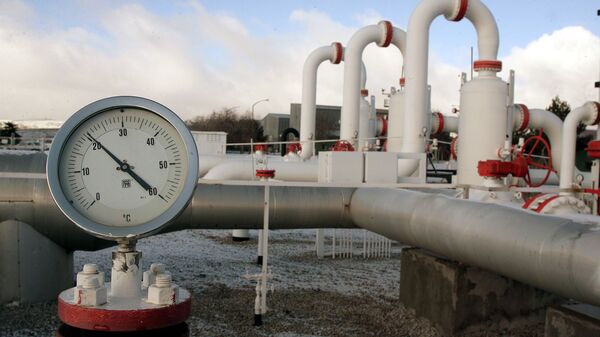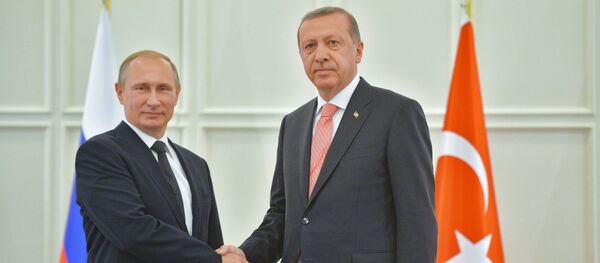Media reports citing Turkish officials emerged on Thursday alleging a suspension of bilateral talks on the pipeline following a failure to agree on discounted pricing.
“The preparation phase embraces various aspects, including legal, ecological aspects, as well as working out the technological and economical bases. This is not a single document that is offered by one side to the other and then it’s signed. There are questions that we ask each other and we wait for answers,” Yardim told RIA Novosti in an interview.
He said that such “large-scale and global projects always have a complex preparation phase” and that Ankara and Moscow have not yet reached the stage of signing an intergovernmental agreement on the project that would deliver Russian gas to southern Europe.
At the heart of the negotiations is a 10.25-percent discount on the 28-to-30 billion cubic meters of natural gas Turkey annually buys from Russia. Turkish Energy Minister Taner Yildiz said earlier this year the discount, pending a final signature, should have taken effect in January.
Russian Energy Minister Alexander Novak warned on Wednesday that construction dates of the Turkish Stream may be pushed back if there is a delay in signing an intergovernmental agreement.
However, the two countries are discussing the construction of only one thread of the Turkish Stream gas pipeline so far, Yardim pointed out.
“Both the Russian and the Turkish sides have documents, in which only one thread is being considered,” he said.
The ambassador added that one thread of the pipeline going directly to Turkey would be sufficient for the beginning.
He also said that gas prices remain a factor in the ongoing talks, but not a conclusive one.
“Yes, [gas prices] are a factor. Turkey has its own understanding of prices and Turkey has told the Russian side its position. But this is a very small part of the numerous issues we’re discussing,” Yardim underscored.
The Turkish Stream is a proposed pipeline that will run from Russia to Turkey across the Black Sea, where it will extend through Greece to southern Europe. It is expected to become operational in December 2016.
Its annual capacity is estimated to total 63 billion cubic meters, while its original start date was slated for late 2016.
The pipeline is a replacement for the South Stream project, which Moscow canceled in December 2014, over non-constructive diplomatic and regulatory actions by the European Union.


